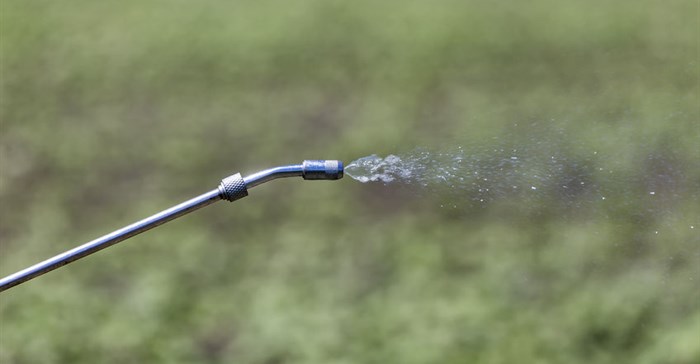
Fertilisers, in addition to inputs such as better seed and farming practices, can be a game changer in food security among South Africa's smallholder farmers who are battling falling harvests and unproductive soils. Research has established that for every kilogramme of nutrients smallholder farmers apply to their soils, they can realise up to 30kg in additional products.
"There is a big push at the continental level to enhance agriculture productivity in Africa in line with the Maputo Declaration to increase agricultural productivity and food security and South Africa is part of that movement," African Fertilizer and Agribusiness Partnership (AFAP) vice-president, Prof. Richard Mkandawire, told participants at an entrepreneurship development support training programme held for smallholder farmers and agro-dealers in Limpopo Province and facilitated by Kynoch, a fertiliser manufacturer.
"To grow and support SMEs in Africa is the pathway if we are to reduce hunger and poverty. The future of South Africa is about growing those rural enterprises that will support smallholder farmers and employment creation."
Despite their high contribution to economic growth and job creation, SMEs are challenged by among other factors, funding and access to finance, according to the 2015/16 Global Entrepreneurship Monitor (GEM) Report. Lack of finance is a major reason for SMEs - which contribute 45 percent to South Africa's GDP- leaving a business in addition to the poor management skills which are a result of lack of adequate training and education.
The training programme is part of the African Fertilizer Volunteers Program (AFVP) run jointly by the International Fertilizer Association (IFA) and AFAP to build the capacity of smallholder farmers on production inputs and their use. In addition, the training programme - an Africa-wide initiative - seeks to strengthen emerging agro-dealers in the Limpopo Province and develop strong private sector networks along the fertiliser value chain. To date, more than 100 agro-dealers have been trained in Limpopo Province under the AFVP.
Kynoch managing director, Eugene Muller, regional head - fertilisers and agri-inputs said: "Kynoch, part of the ETG Fertilizer, would like to contribute and play its part in assisting the African continent feed itself by ensuring that smallholder farmers are able to use fertilisers optimally in boosting their yields." By using more fertilisers correctly, South Africa's smallholder farmers can grow more and nutritious food, achieve household food security, create jobs, increase incomes and boost rural development, Prof. Mkandawire said.
Smallholder farmers and agro-dealers were trained on basic knowledge about fertilisers, soils, plant nutrients, safe storage of fertilisers, environmental safety and business management skills.
Agriculturalist and trainer at Kynoch, Schalk Grobbelaar said smallholder farmers in Limpopo are applying fertilisers randomly because they lack knowledge on their correct usage. "Fertiliser increase yields. We fertilise what crops will take away and we put back into the soil but farmers lack knowledge on the balancing fertilisers according to what crops need," said Grobbelaar.
High transaction costs throughout Africa are one of the several barriers to smallholder farmers accessing and using fertilisers, a situation AFAP is working to change through facilitating Private Public Partnerships (PPPs) models which including developing effective fertiliser markets and providing credit guarantee facilities for agro-dealers